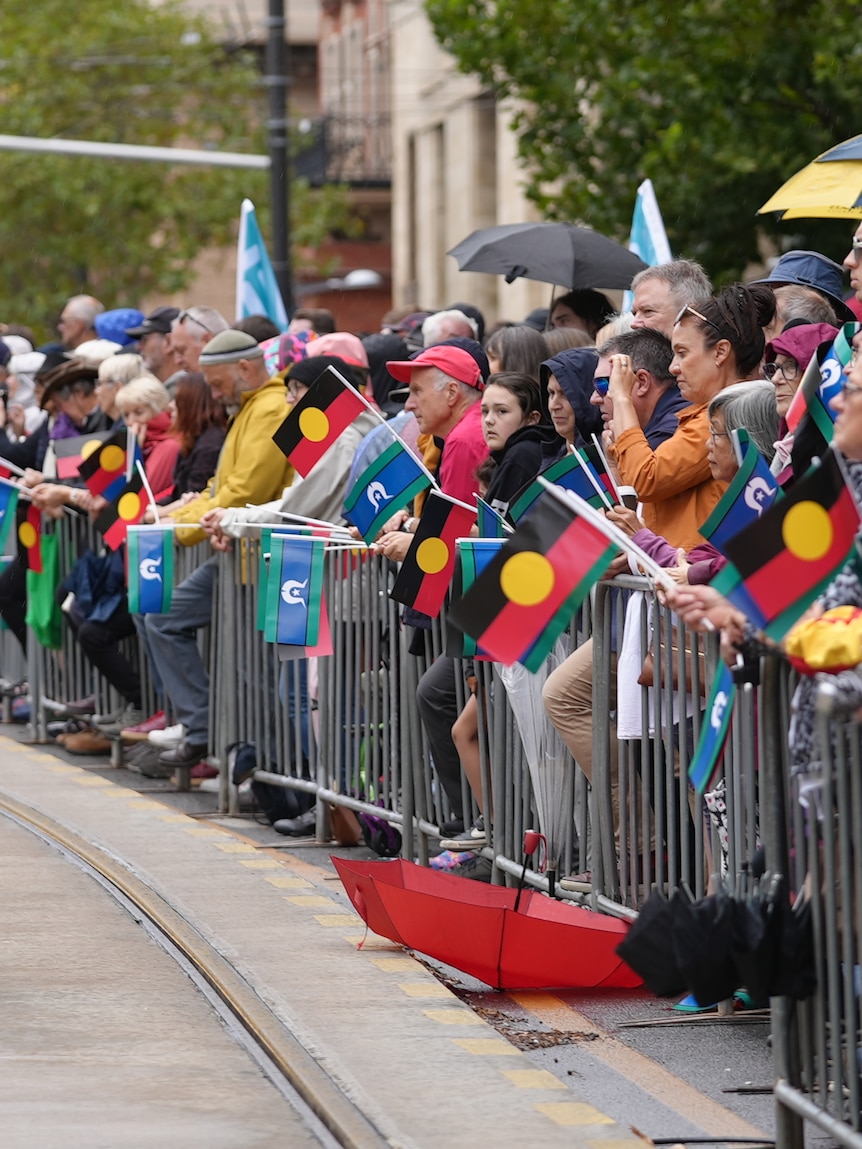Just a fraction of eligible voters cast their ballot in the first election for South Australia’s state-based First Nations Voice to Parliament — but one of the successful candidates has cautioned against making judgements based on the turnout, with the state government saying it would “take time” to “build awareness”.
Initial results show that fewer than 10 per cent of eligible voters cast their ballot in the elections, held earlier this month, with South Australia’s Electoral Commission wrapping up vote counting on Thursday.
Officials had estimated that 30,000 people were eligible to vote, but only 2,583 formal ballots were counted.
“We never anticipated that participation would be at the rate we see in normal elections,” Premier Peter Malinauskas said on Thursday.
“I think I foreshadowed quite candidly in the lead-up to this that turnout would be an issue.”
Mr Malinauskas added that he wanted to see “what the final results are” before making an “assessment of how it went”.
Voting was voluntary and only open to South Australia’s Aboriginal and Torres Strait Islander population.
The election was held months after the defeat of the proposal to establish a constitutionally-enshrined national Voice to Parliament, with South Australia delivering the second highest “No” vote in the country.
SA had already legislated before that referendum to create a state-based Voice, but delayed the first election until after the referendum.
Successful candidate for the central region, April Lawrie, said the result of the federal referendum had left many in the community feeling “really hurt and unsure” in the lead-up to state Voice voting.
Ms Lawrie, a Mirning and Kokatha woman, said while there was a “lot of work to do in terms of the promotion of this”, she urged detractors to “give us a chance”, and said she was certain that the Voice’s public profile would “pick up momentum”.
“It’s the first one. Give our community mob an opportunity to see how this goes,” she said.
“With all the publicity that will come to fruition with the actual elected representatives, we’ll have our people taking greater interest.
“Once our community are informed and are engaged with the Voice concept and the reality that it’s here, this is our opportunity to now, as a collective and representative Voice, work out ways in which we spread that information.”
Ms Lawrie said she was “really thrilled” to become an elected representative, and looked forward to the next steps in the process.
“It’s quite significant all around because I think for South Australia we’re the first jurisdiction to create … a First Nations Voice,” she said.
Voice ‘well on track’
Aboriginal Affairs Minister Kyam Maher described the election as “successful” and said the Voice was “well on track”.
“It will take time to build awareness and engagement,” he said.
One of the people elected to the Voice, Douglas Clinch, said a lack of mainstream media attention contributed to the low turnout.
“As we grow momentum around the Voice, people might start to understand how it can make a difference in their life,” he told Sky News.
“Hopefully, through that, we can grow trust.”
Even before the first election, there was some uncertainty over the future of the South Australian Voice.
The body is not constitutionally enshrined, meaning a future government could change or disband the Voice through an act of parliament.
The SA Liberal Party opposed the state-based Voice but is yet to clarify what it would do if it won the state election scheduled for 2026.
The election saw South Australia divided up into six regions, with the highest number of votes received in the most heavily populated central region.
In contrast, just 129 votes were received in the sparsely populated Yorke and Mid-North region — with one candidate elected despite receiving only six votes.
The Electoral Commission ran a series of events in rural and remote communities to give people a chance to vote and encourage participation.
Of the 46 people elected to sit on the six local Voices, two presiding members from each Local Voice will now be appointed to sit on the State Voice.
It’s expected the Voice will begin operating later this year.
Posted , updated




